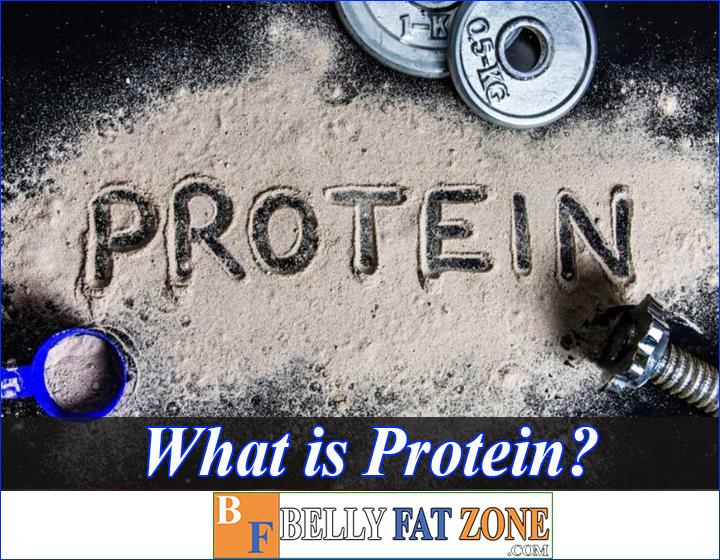Drinking water is essential for your health. It helps keep you healthy by providing your body with fluids, and it also helps flush out the toxins from your body and keep your skin healthy.
Drinking water is also important for digestion, as it helps break down food in your stomach. Drinking too little water can lead to dehydration, which can cause headaches, dry mouth and other problems.
The benefits of drinking enough water are immense and are something that everyone should be aware of.
About drinking water on this blog, we have consulted reputable documents and shared them again so that you have a clearer view of how to drink water well?
When to drink and how much to drink is enough.
However, every time we are advised by things that say them, we do not fully understand, the application can lead to mistakes, too much is not good, including drinking water.
Whenever we feel tired or our skin “degraded”, we are often advised to drink a lot of water. But where did this “mantra” come from? And have we got it right? Let's explore with BellyFatZone!
1. Tips on drinking lots of water
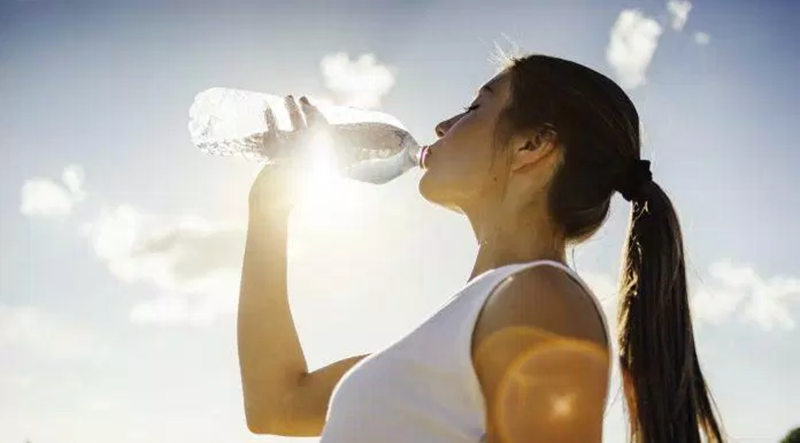
In the early 19th century, people “abstained” from drinking water. According to Vincent Priessnitz (1799-1851) – the founder of modern hydrotherapy (treatment with water) – at that time only those in extreme poverty would drink water (plain water) to satisfy their thirst.
Time has changed all that. Today, bottled water sales in the US have surpassed soft drinks, and even Asia's richest billionaire is the chairman of a famous Chinese bottled water company.
And we are often advised that drinking a few liters of water a day is the secret to staying healthy, full of life, beautiful skin, or even losing weight and preventing cancer.
Even in daily life, parents often prepare small water bottles for their children to bring to class, adults also bring water to work, and meetings are always associated with the image of water bottles placed neatly in front of the face of the attendees.
The advice to drink a lot of water is further clarified by the “8×8 rule”, which states that we should drink 8 8-ounce glasses of water, a total of almost two liters of water per day, not counting the other drinks if available.
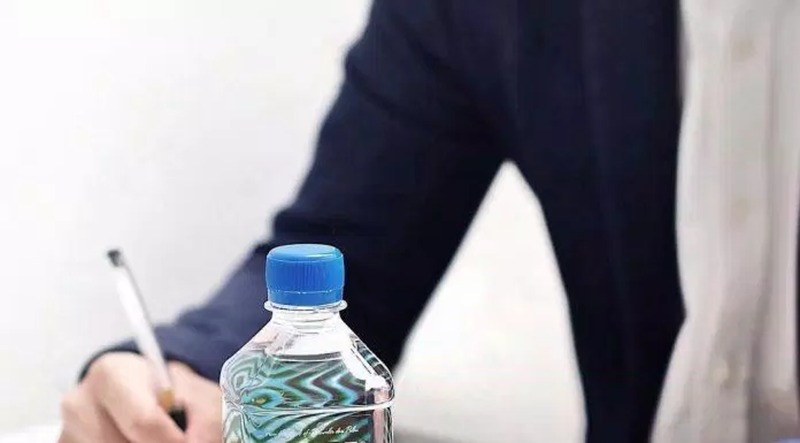
Not only that, during the COVID-19 outbreak, people are also advised to take a sip of warm water every 15 minutes to strengthen their resistance and fight the disease.
But the truth is that these unorthodox “laws” have no scientific basis at all. The official European Union guidelines do not say that we should drink that much water.
So why do inaccurate information still appear everywhere, in all media, and are trusted by many people without a doubt? In fact, the origin of it all goes back decades, with two widely misunderstood guidelines.
2. The origin of the “two liters of water a day” advice
In 1945, the Food and Nutrition Board of the US National Research Council issued a recommendation: adults should drink 1ml of water for every 1 calorie of energy they eat.
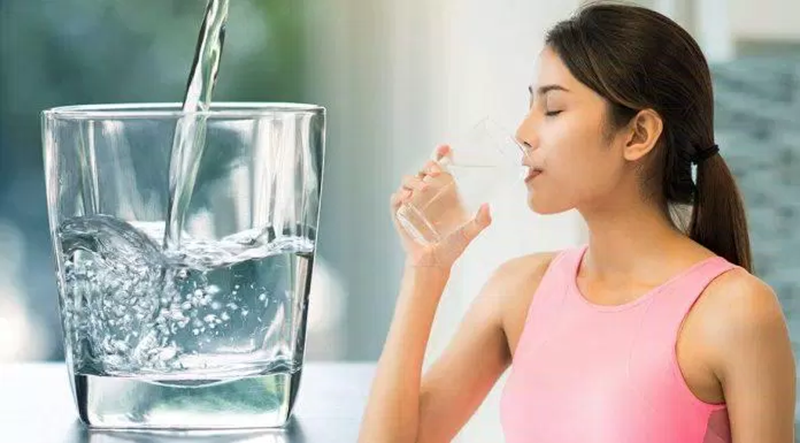
Thus, women need to drink 2 liters of water with a 2000 calorie diet, and men need to drink 2 and a half liters with a 2500 calorie diet.
But it's important that the recommendation states: “most of this water is already in the food.” No one forces you to drink exactly 2 liters of filtered water.
A second guide is the book Nutrition for Good Health, published in 1974. Its authors – nutritionists Margaret McWilliams and Frederick Stare – recommend that each adult needs to drink 6 to 8 glasses of water a day.
And like the first guide, the book states that this water can come from vegetables, fruits, soft drinks, and even beer.
3. Drink enough water the body needs
It is undeniable that water is very important to humans. Accounting for about 70% of weight, water helps transport nutrients and waste in the body, regulates body temperature, lubricates and reduces shock for joints, and participates in most chemical reactions of the body.
We are constantly losing water through sweat, urine, and breathing. Therefore, ensuring that the body is always hydrated is a vital factor for health.
Symptoms of dehydration will manifest when the body loses about 1-2% of water, and functional activities will begin to malfunction. Without timely rehydration, severe dehydration can lead to death.
Many people believe that when the feeling of thirst occurs, it means that the body is already quite dehydrated. But most experts now agree that you just need to drink enough water that your body needs, and when it needs it, it will let us know.
Controlling dehydration is one of the most sophisticated mechanisms we've developed in evolution, says Irwin Rosenburg, a senior researcher at Tufts University in Massachusetts. “We have countless sophisticated techniques to stay hydrated.”

When we are dehydrated, the brain will send a signal to create a feeling of thirst to urge us to drink water. At the same time, a hormone is also secreted to stimulate the kidneys to retain water, making the urine concentrated.
“If you listen to your body, it will tell you when it's thirsty,” says Courtney Kipps, a sports consultant at University College London.
The notion that “when you feel thirsty, it's too late,” he added, is based on the assumption that feeling thirsty is a less accurate warning sign. “But why is everything else in the body perfect and thirst not? It has worked well over thousands of years of evolution.”
4. Instead of drinking water, you can eat
So the truth is clear: we do not need to drink exactly 2 liters of water a day, but it is important to ensure that the body always has enough water, regardless of the source.
Science has shown the amazing benefits of getting enough water. For example, research shows that avoiding dehydration helps the brain work more efficiently, improve problem-solving as well as handle simple tasks. Some studies even show that drinking water helps control weight.
So what if instead of drinking water by eating a lot of water dishes? According to Barbara Rolls, professor of medicine at University College London, this is even more effective.
Because water will simply be pushed down by the stomach into the intestines very quickly, but the water in the food will bind with the food molecules and stay in the stomach longer, which means you will feel full longer.
The same study also asked two groups to walk 10,000 steps per day. The results showed that the water-drinking group adhered better. It can be explained that the lack of water affects mood and fitness, making the body no longer energetic for active exercise.

Another benefit of drinking enough water is that it brightens and moisturizes the skin. Although the specific mechanism for this phenomenon is not clear, it is widely recognized that people who are dehydrated will have wrinkles and look worse, right!
So what if you want to “exchange” with other drinks? Although water is the best choice for humans because it does not contain excess calories, other beverages also help replenish the body.
The caffeine in tea and coffee is mildly diuretic, but one study has shown that these two drinks – as well as some alcoholic beverages – are still effective at rehydrating.
5. Drinking too much water is harmful?
Now you know you don't need to drink a lot of water every day! That really has no scientific basis, and even “overdose” of water can cause many serious harms.

Excessive water retention dilutes the concentration of sodium in body fluids. In the past 10 years, Courtney Kipps has recorded at least 15 cases of athletes dying from drinking too much water while competing in sports.
He thinks these people were drinking more water than the body needed. In other words, they don't trust their own sense of thirst.

A case in point is Johanna Pakenham. She competed in the London marathon in 2018 with record-breaking hot weather, but she doesn't remember much about it because she drank so much water that she became hyponatremic and was rushed to the hospital.
Pakenham said she was given a large glass of water by friends, and when she finished she felt her heart stop. “I was airlifted to the hospital and was unconscious from Sunday night to next Tuesday,” she said.
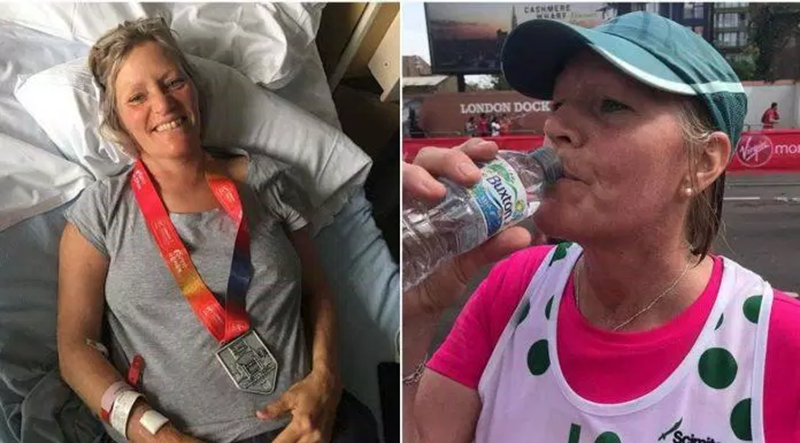
After that accident, Pakenham continued to train for the marathon but supplemented himself with a few pills containing electrolytes to increase the amount of sodium in his blood.
Marathon posters, she said, urge people to drink lots of water all the time, but “something as simple as that can be deadly.”
Summary
The concept that you have to drink a lot of water makes many people carry water with them wherever they go, and drink more than the body needs.
According to Hugh Montgomery, a researcher at the London Institute of Sport and Health, the maximum amount of water a person can lose in the most extreme conditions is 2 liters per hour, but “that's really unlikely.”
So you don't have to drink all 500ml water bottles during the 20-minute bus ride to school or work every day. Your body does not lose water so quickly and so much.
For those who prefer precision, refer to the UK's National Health System guidelines: 6 to 8 glasses of water a day, including low-fat milk and unsweetened beverages such as tea and coffee, are recommended to get high.
However, it should be noted that the human thirst mechanism may become less sensitive after the age of 60. Then we are more susceptible to dehydration than when we are younger. Therefore, the elderly should pay attention to the amount of water consumed daily to ensure their best health.
A final reason to reconsider the 2 liters of water per day slogan is that each person's water needs will vary according to age, height, weight, gender, environment, and physical activity level matter.
The “2-liter rule” ignores these factors, forgetting the complexity of the human body as well as the delicate reactions of the body in response to the body and living conditions like no other.
So what is the conclusion to this issue? Experts agree that we shouldn't worry too much about an exact number.
Listen to your body. Your body will tell you when to drink water, just like feeling hungry or tired.
View more:
- List of Vegetables For Weight Loss for You to Add to the menu Every Day
- What is Detox? Detox Water to Lose Belly Fat?
- How to breathing exercises? Thought it was easy? But not everyone knows
Just kidding, the only benefit to drinking more water than you need is: you'll burn less fat when you have to run to the bathroom more often!



